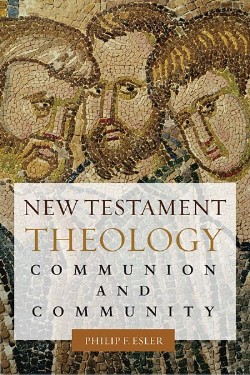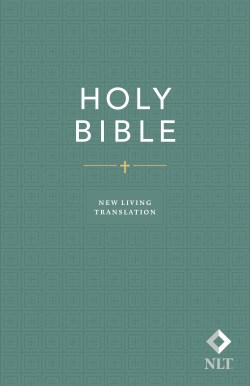Philip Esler
Showing the single result
-
New Testament Theology
$43.33Esler’s innovative proposal features a cutting-edge combination of theology, exegesis, and social analysis. He argues for new thinking about New Testament theology in light of the early social history of Christian communities. His detailed analysis of Paul’s letters to the Romans and 1 Corinthians validates his thesis and clarifies its significance for scholarship.
Using both the tradition of “the communion of the saints” and social-scientific methods, Esler brings the discipline of New Testament theology back to its theological core. He argues that interpreters also need to take into account both the history of interpretation and the multitude of voices within the contemporary church.
Add to cartin stock within 3-5 days of online purchase











